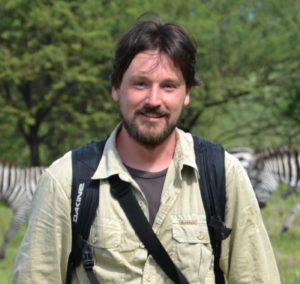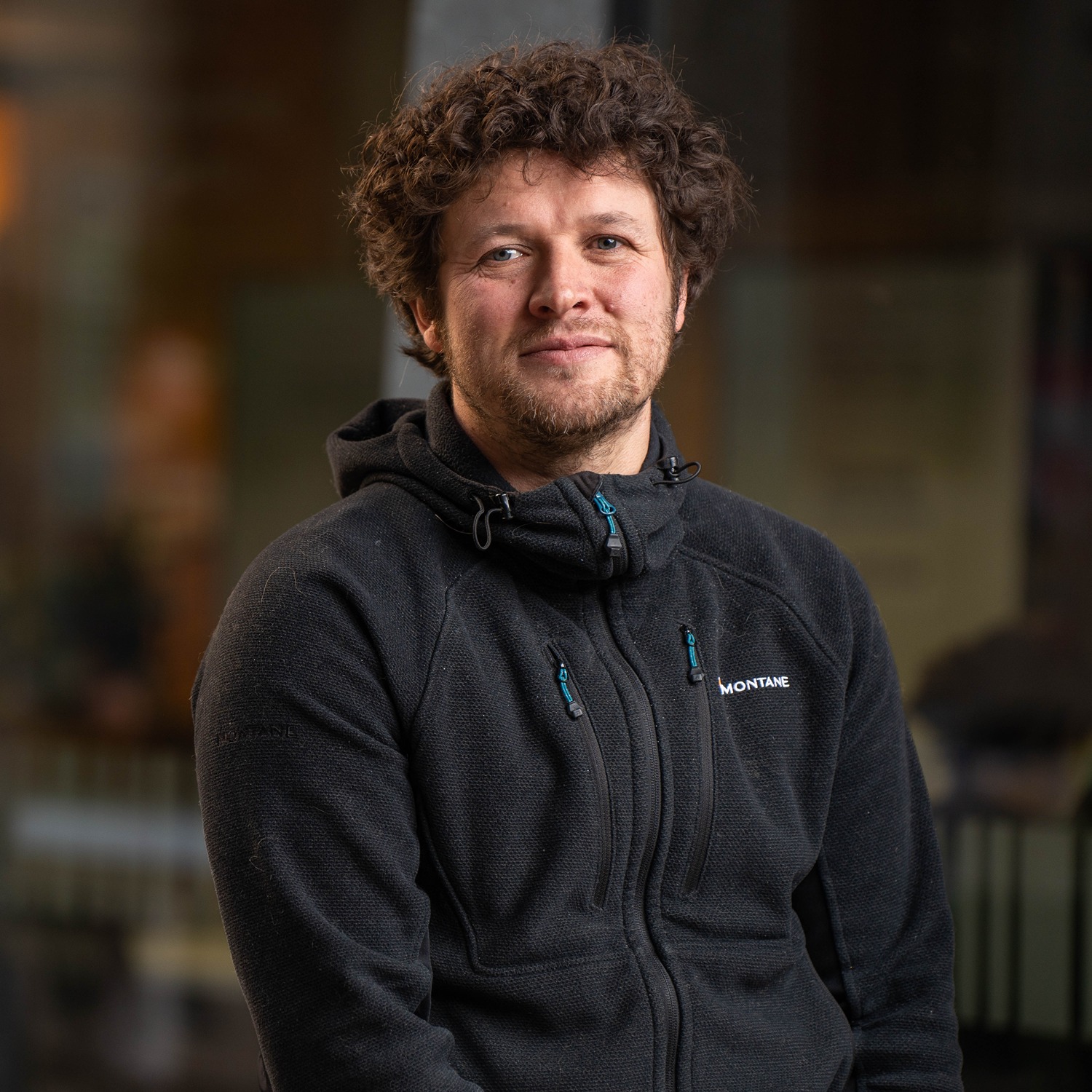A big congratulations to these Environment Institute members for their ARC Discovery Project successes this week, collectively totalling almost $2.4 million in grant funding. With a success rate of only 16%, these are great achievements.

Associate Professor Damien Fordham, Theme Leader of the Climate and Biodiversity Theme in the EI and also from School of Biological Sciences, will lead the project “Detecting and deciphering extinction dynamics under environmental change“, which aims to improve knowledge of extinction processes and impacts. $523,813.

Associate Professor Luke Bennetts, from the School of Computer and Mathematic Science, will lead a team in investigating “Linking wave–sea ice feedbacks to rapid ice retreat.” Antarctic sea ice extent has been in sharp decline since 2016, which is stressing the fragile Southern Ocean and Antarctic environments, and this project aims to investigate a crucial candidate mechanism of sea ice loss by predicting rapid ice retreat in response to large Southern Ocean waves. $384,217.
 Dr Juraj Farkas, from the School of Physics, Chemistry and Earth Science, will be part of a team to investigate “Middle Age Earth: ocean chemistry and evolution in the Boring Billion.” The project aims to investigate the role of ocean chemistry on the evolution of eukaryotes during the “Boring Billion” (1800-800 million years ago) and how sedimentary rocks record past ocean chemistry, by using innovative geochemical proxies. $483,315.
Dr Juraj Farkas, from the School of Physics, Chemistry and Earth Science, will be part of a team to investigate “Middle Age Earth: ocean chemistry and evolution in the Boring Billion.” The project aims to investigate the role of ocean chemistry on the evolution of eukaryotes during the “Boring Billion” (1800-800 million years ago) and how sedimentary rocks record past ocean chemistry, by using innovative geochemical proxies. $483,315.

Dr Phillipa McCormack from the Adelaide Law School will be part of a team investigating “Using Conservation Covenants for Ecosystem Restoration & Climate Adaptation.” This project aims to investigate the role of conservation covenants in facilitating ecological restoration and adaptation to climate change. $301,846.
 Professor Michelle Waycott, from the School of Biological Sciences, will be part of a team investigating “Do root microbiomes control seagrass response to environmental stress?” The project aims to determine the role root microbes play in controlling seagrass responses to environmental stress. $544,128.
Professor Michelle Waycott, from the School of Biological Sciences, will be part of a team investigating “Do root microbiomes control seagrass response to environmental stress?” The project aims to determine the role root microbes play in controlling seagrass responses to environmental stress. $544,128.

And also congratulations to the Chair of our Board, Professor Hugh Possingham, who is to be part of a team investigating ocean basin-scale migrations of iconic sea turtles, marine mammals, seabirds, and fish expose them to multiple stressors and governance regimes, leading to gaps in management and population declines. The project aims to deliver the methods and evidence base of cross-taxa migratory connectivity that is essential to support the conservation of these species.
More details about the 2024 Australian Research Council (ARC) Discovery Projects is available including a full list of all the researchers involved in each project.





